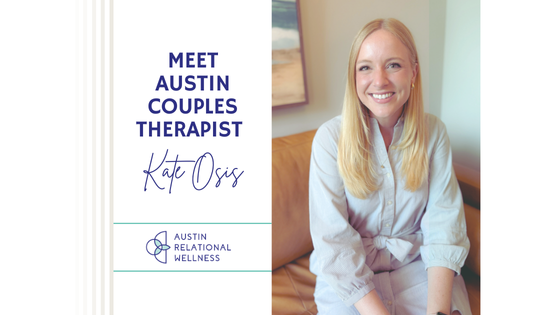Relationships are central to our lives, providing connection, support, and love. Yet, even the strongest relationships can hit rough patches where everything feels “stuck.” Arguments may become repetitive, emotional distance may grow, or issues may persist despite attempts to address them. If this sounds familiar, you’re not alone. Individual therapy can be a transformative tool for breaking through these challenges, even if your partner isn’t ready to join you in therapy.
Common Signs Your Relationship Might Be Stuck
When a relationship feels stuck, it’s often due to underlying patterns or unresolved issues. These might include:
Communication breakdowns
Conversations might feel more like debates or accusations than meaningful exchanges.
Emotional disconnection
You may feel distant from your partner, even when spending time together.
Unresolved conflicts
Old arguments or hurts may linger beneath the surface, impacting trust and closeness.
Differing needs or priorities
You and your partner may struggle to align your goals or values.
While these challenges are common, they can leave you feeling helpless and unsure of how to move forward.
How Individual Therapy Can Help
Individual therapy isn’t just about addressing personal concerns; it’s also a powerful avenue for improving your relationships. Here’s how it can help:
Gaining Self-Awareness
Therapy provides a safe space to explore your thoughts, feelings, and behaviors. You can uncover patterns such as people-pleasing, conflict avoidance, or defensiveness that may be contributing to the dynamic in your relationship.
Developing Healthy Communication Skills
A therapist can help you identify ineffective communication habits and teach you new strategies for expressing your needs and listening to your partner.
Increasing Emotional Regulation Skills
If you feel overwhelmed by emotions like anger, sadness, or frustration, therapy can provide tools for regulation and reflection, helping you approach relationship challenges more calmly.
Healing Past Wounds
Unresolved personal or relational traumas can influence how you show up in your relationship. Therapy can help you process these experiences and reduce their impact on your present.
Building Boundaries and Confidence
If your relationship feels unbalanced or one-sided, therapy can help you establish healthy boundaries and advocate for your needs without guilt.
Why Choose a Relational Therapist for Individual Therapy?
Not all individual therapists approach relationship challenges in the same way. It’s crucial to work with a therapist trained in relational dynamics and systems theory if you’re seeking therapy due to relationship concerns. A therapist skilled in relational work will focus on understanding the full relationship system rather than simply reinforcing blame or encouraging separation. This helps you gain deeper insights into the patterns that keep your relationship stuck and empowers you to create positive change without just prematurely ending your relationship.
Can Individual Changes Improve the Relationship?
You might worry that working on your relationship alone won’t make a difference. However, change often begins with one person. As you grow and shift, the dynamics in your relationship can naturally start to transform. Your partner may even feel inspired to join you in therapy down the road.
When to Seek Individual Therapy
Consider reaching out to a therapist if:
You feel stuck or unhappy in your relationship.
Your attempts to improve the relationship haven’t worked.
You want to understand your role in the relationship dynamic.
You’re considering big decisions, such as whether to stay in the relationship.
Start Your Journey With Austin Relational Wellness
At Austin Relational Wellness, we understand the complexities of relationships and the courage it takes to seek help. Our experienced therapists are here to support you in navigating challenges, whether you’re seeking clarity, healing, or growth.
You don’t have to stay stuck. Taking the first step toward individual therapy can lead to meaningful change in yourself and potentially in your relationship.
Schedule a free 15-minute phone consult today to learn how we can help you move forward.
Article by Hannah Eubank, LPC, LMFT
Reach out for Individual Therapy for Relationship Problems in Austin through the link below



































